A €3m Department of Agriculture-funded study - Greenbreed - has found that genetic selection can cut cattle emissions by 30%.
In what Minister of Agriculture Charlie McConalogue has described as a “scientific breakthrough” and “game changer”, researchers have found that the 20% highest-emitting animals genetically emit 30% more methane per day compared with the 20% lowest-emitting animals.
Teagasc, the Southeast Technological University (STU), Munster Technological University (MTU) and the Irish Cattle Breeding Federation (ICBF) have found that there are large differences in daily methane emissions between animals fed the same diet.
They say that 11% of these emissions differences can be attributed to the cattle’s genetics.
Methane produced in cattle stomachs - or enteric emissions - make up about half of all agricultural emissions in Ireland.
A 30% reduction in such emissions would see an overall emissions reduction of 15% for the farm sector - a significant step towards the sector’s 25% target for 2030.
Genetics
Announcing the findings, Minister McConalogue and Minister of State Martin Heydon TD argued that the research means that methane from the Irish cattle herd can be reduced through animal genetics.
“I believe we are standing on the precipice of a major breakthrough that will be a game changer in our drive to reduce agricultural emissions.
“Science is the ace up our sleeve in reaching our climate targets and we are being strategic in our approach to backing credible and practical science.

Minister for Agriculture Charlie McConalogue. \ Philip Doyle
“The results of the research also highlight the potential to breed more environmentally sustainable animals, while at the same time, not having a negative impact on the animal’s performance and profitability,” Minister McConalogue said.
‘World first’
Minister Heydon said the research represents a “global first” for the Irish beef sector.
“It will help us to reduce methane emissions from beef cattle in a way that is both economically and environmentally sustainable.
“Adoption of these advances and other breeding initiatives in the National Cattle Breeding Programme will play a part in enhancing the viability of Irish farms and further the reputation of Ireland for producing milk and beef products to the highest environmental standards,” he added.
Read more
Feed and slurry additives could reduce farm emissions by 25%
Feed additives a few years out from ‘real impact’ – ABP
Top dairy beef calves have 13% less emissions
ICBF publishes world-first methane data for breeding bulls
A €3m Department of Agriculture-funded study - Greenbreed - has found that genetic selection can cut cattle emissions by 30%.
In what Minister of Agriculture Charlie McConalogue has described as a “scientific breakthrough” and “game changer”, researchers have found that the 20% highest-emitting animals genetically emit 30% more methane per day compared with the 20% lowest-emitting animals.
Teagasc, the Southeast Technological University (STU), Munster Technological University (MTU) and the Irish Cattle Breeding Federation (ICBF) have found that there are large differences in daily methane emissions between animals fed the same diet.
They say that 11% of these emissions differences can be attributed to the cattle’s genetics.
Methane produced in cattle stomachs - or enteric emissions - make up about half of all agricultural emissions in Ireland.
A 30% reduction in such emissions would see an overall emissions reduction of 15% for the farm sector - a significant step towards the sector’s 25% target for 2030.
Genetics
Announcing the findings, Minister McConalogue and Minister of State Martin Heydon TD argued that the research means that methane from the Irish cattle herd can be reduced through animal genetics.
“I believe we are standing on the precipice of a major breakthrough that will be a game changer in our drive to reduce agricultural emissions.
“Science is the ace up our sleeve in reaching our climate targets and we are being strategic in our approach to backing credible and practical science.

Minister for Agriculture Charlie McConalogue. \ Philip Doyle
“The results of the research also highlight the potential to breed more environmentally sustainable animals, while at the same time, not having a negative impact on the animal’s performance and profitability,” Minister McConalogue said.
‘World first’
Minister Heydon said the research represents a “global first” for the Irish beef sector.
“It will help us to reduce methane emissions from beef cattle in a way that is both economically and environmentally sustainable.
“Adoption of these advances and other breeding initiatives in the National Cattle Breeding Programme will play a part in enhancing the viability of Irish farms and further the reputation of Ireland for producing milk and beef products to the highest environmental standards,” he added.
Read more
Feed and slurry additives could reduce farm emissions by 25%
Feed additives a few years out from ‘real impact’ – ABP
Top dairy beef calves have 13% less emissions
ICBF publishes world-first methane data for breeding bulls




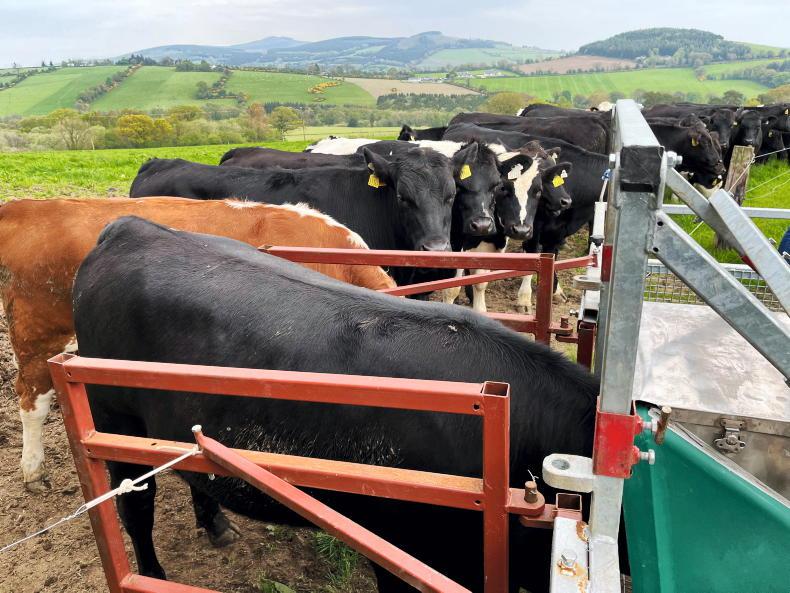

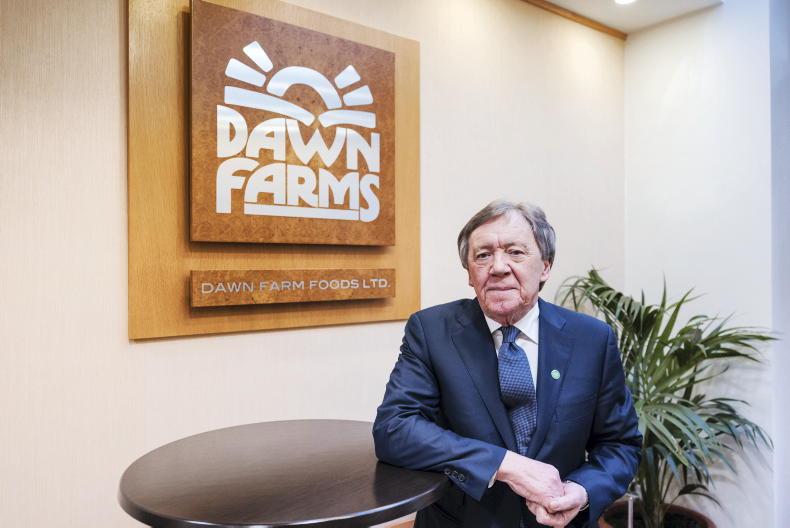

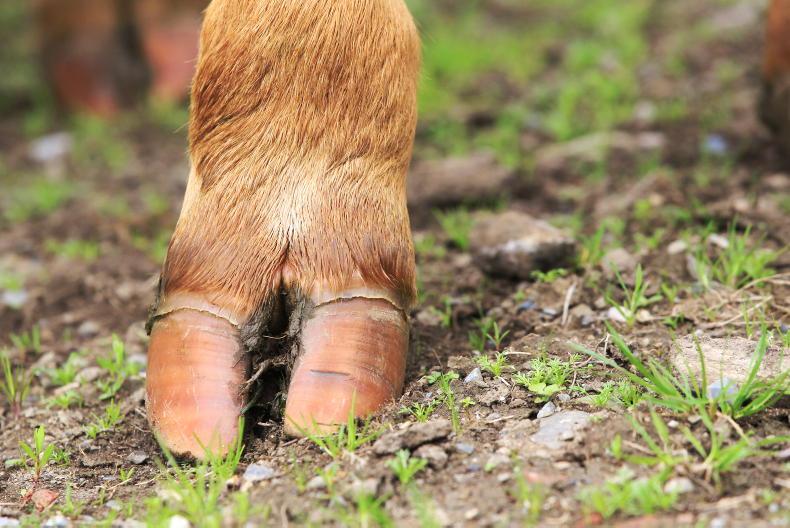
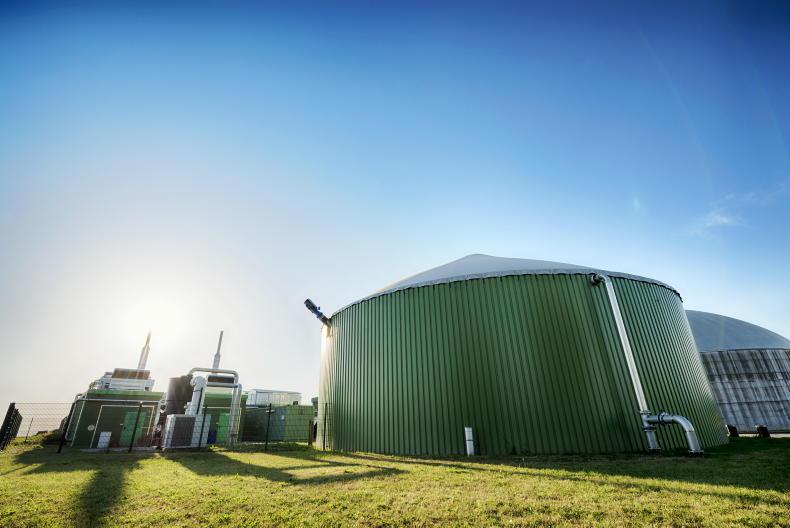
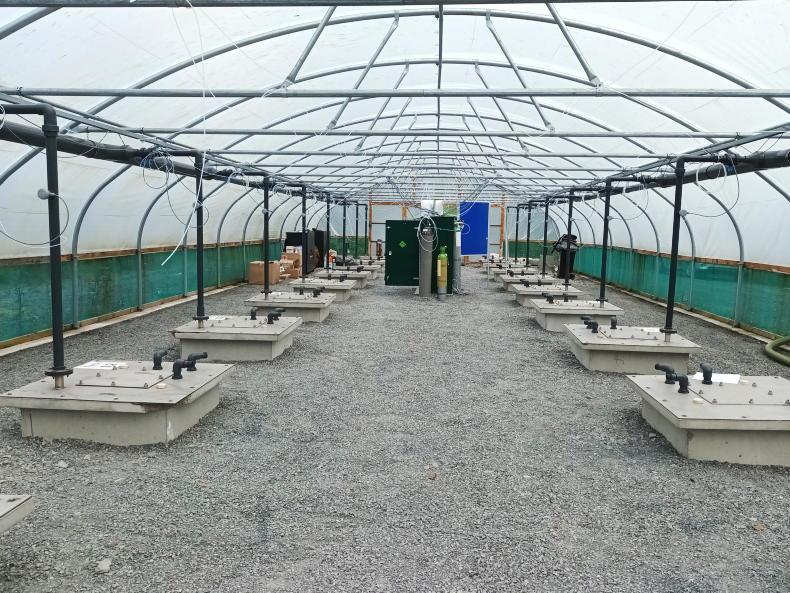
SHARING OPTIONS